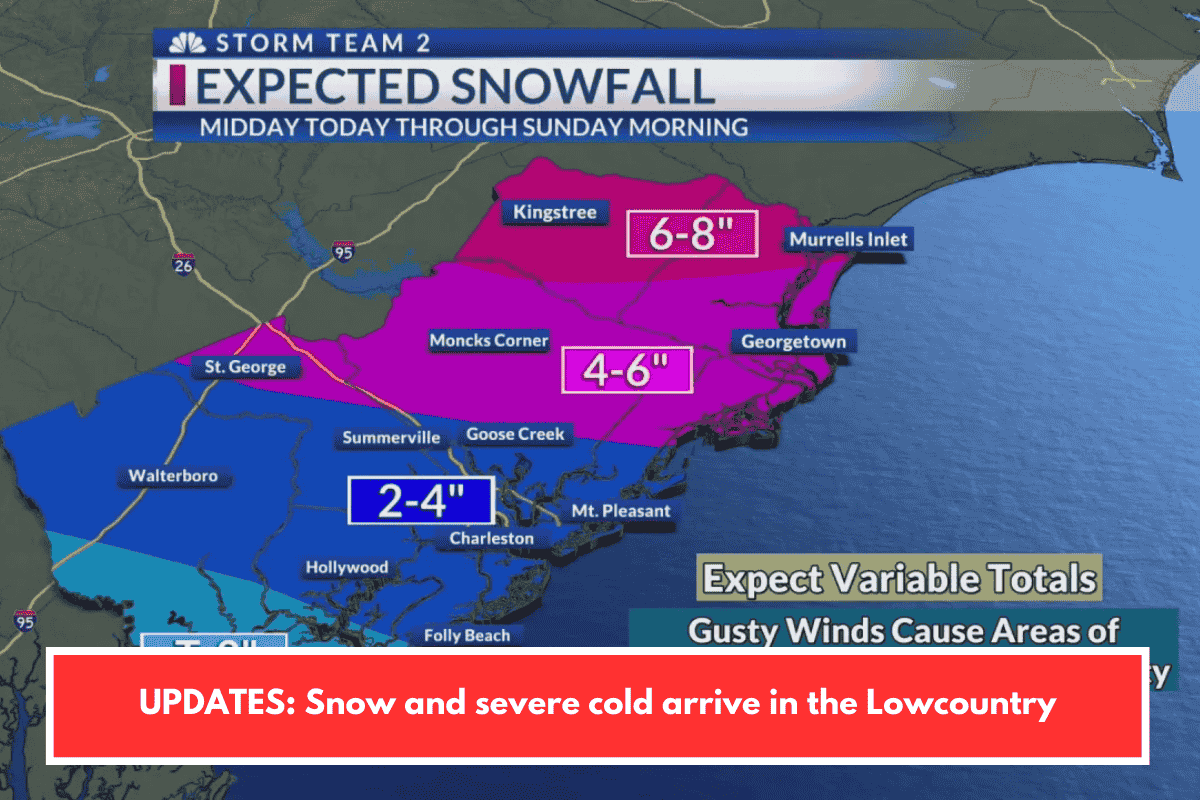Traffic stops are a common experience for many drivers across the U.S., but few know their rights when confronted by law enforcement. A recent incident in Charleston has sparked a discussion about the difference between being detained and being arrested, as well as the implications of being handcuffed during a stop. Rashad Abdallah, who was pulled over for expired tags, ended up on the pavement in handcuffs and is now facing a felony charge for resisting arrest. This case raises important questions about the limits of police authority during traffic stops and the rights of citizens.
The Difference Between Detainment and Arrest
During a traffic stop, there can be confusion between being detained and being arrested. While handcuffs often signal an arrest, it’s important to understand that detainment doesn’t always mean you’re under arrest.
Detainment vs. Arrest:
Detainment:
In South Carolina, police only need “reasonable suspicion” that a crime has occurred to detain a person. When you’re detained, you’re not free to leave, but you haven’t been formally arrested yet. Officers may handcuff you during detainment for safety, but they’re not required to inform you why you’re being detained or to read your Miranda rights. You have the right to ask if you’re being arrested, as Abdallah did during his encounter.
Arrest:
To make an arrest, officers must have probable cause that a crime has been committed. If you’re arrested, the officer must inform you of the reason for your arrest and your rights, including the right to remain silent. Failure to do so could lead to serious consequences for the officer.
Mount Pleasant Attorney Stephan Futeral explained that if an officer tells you to put your hands behind your back, even during detainment, you are legally required to comply. However, this doesn’t necessarily mean you’ve been arrested.
Concerns About Civil Liberties
Civil rights advocates, including State Senator Deon Tedder, are concerned that the current legal standards around detainment are too vague and could allow police to collect evidence from people without them being formally arrested. Tedder argues that officers should be required to clearly communicate to individuals that they are being detained, why they are being detained, and when they are free to leave.
Such reforms could protect individuals’ rights and ensure more transparency during police stops, preventing situations where individuals unknowingly provide information that could be used against them later in court. Tedder’s proposed legislation aims to make detentions more transparent and clarify the boundaries of police power during traffic stops.
Recording Police Encounters
South Carolina law allows individuals to record police interactions, and Rashad Abdallah exercised this right when he filmed the events during his traffic stop. However, legal experts caution that while recording police is allowed, it’s important to comply with officers’ instructions during a stop. Attorney Futeral warns that resisting or failing to comply, even if you’re holding a phone, can escalate the situation and lead to legal trouble. It’s essential to stay calm and follow the officer’s instructions to avoid facing charges such as resisting arrest.
Legal Advice: When to Resist and When to Comply
While South Carolina law protects your right to record police interactions, legal experts recommend complying with any lawful requests during a stop. Attorney Futeral emphasizes that resisting an officer in any way can complicate the situation, potentially leading to more serious charges. It’s always best to stay calm, comply with officers’ instructions, and deal with any potential violations through the legal process after the encounter.
Rashad Abdallah’s experience highlights the confusion surrounding detainment and arrest during a traffic stop and brings to light the legal complexities of police encounters. Understanding the difference between being detained and arrested is crucial for protecting your rights, as well as knowing when you’re allowed to record and when you must comply. As lawmakers like Senator Deon Tedder call for greater transparency in police interactions, this case may be a stepping stone for future reforms to ensure that citizens’ rights are protected during traffic stops.














